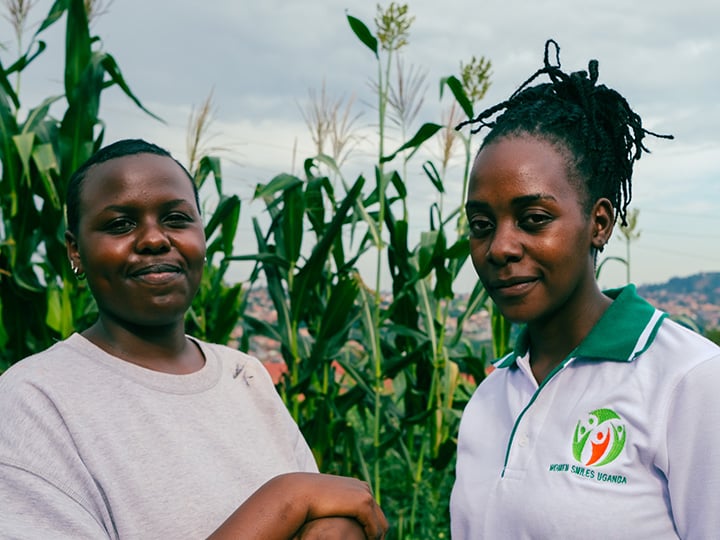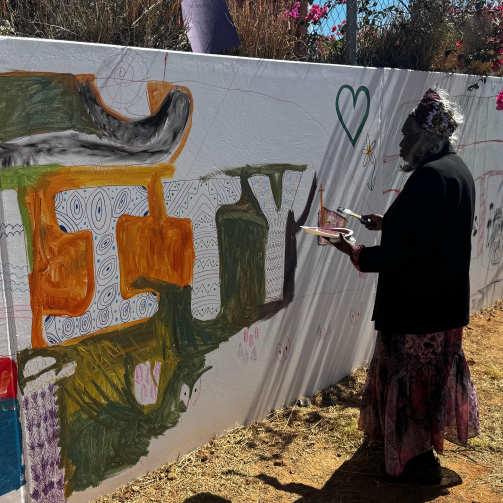
We drive change by empowering women and youth through our Empowerment Projects, amplifying women-led solutions with Women for Zero Hunger Program, and celebrating those making a difference with the Stop Hunger Awards.
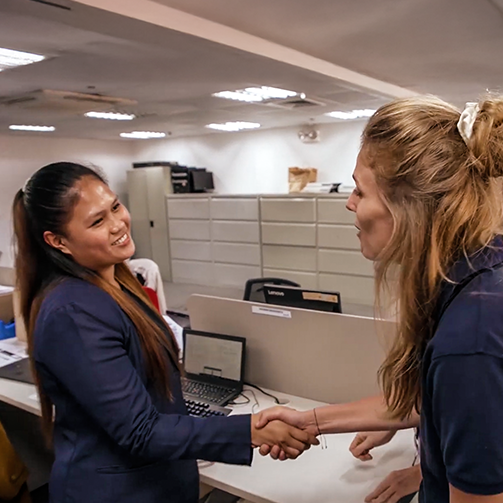
LP4Y
Philippines
Our Empowerment Projects
Every three years, Stop Hunger calls for applications to fund projects empowering women and younger generations. We’ve supported 30+ projects since 2019 - many now self-sufficient. As they thrive, we expand our impact to new regions.
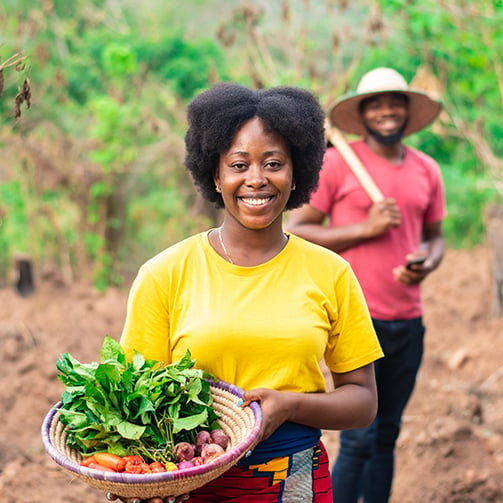
Women For Zero Hunger
Stop Hunger’s flagship program, created in partnership with Women in Africa. Launched in 2023, this initiative is dedicated to supporting impactful and sustainable solutions to hunger and food insecurity through projects that empower vulnerable communities in Africa.

Stop Hunger Awards
We celebrate individuals and organizations who make an outstanding contribution to the fight food insecurity. Held in the heart of Paris, this inspiring event brings together partners, volunteers, and changemakers to recognize innovative initiatives and to highlight the collective power of solidarity in building a hunger-free world.
2025 Empowerment
Key Impacts
2025 Empowerment
Key Impacts
Learn more in our Whitepaper: Women Empowerment - A Pillar for a Hunger-Free World
Download
Impact Stories

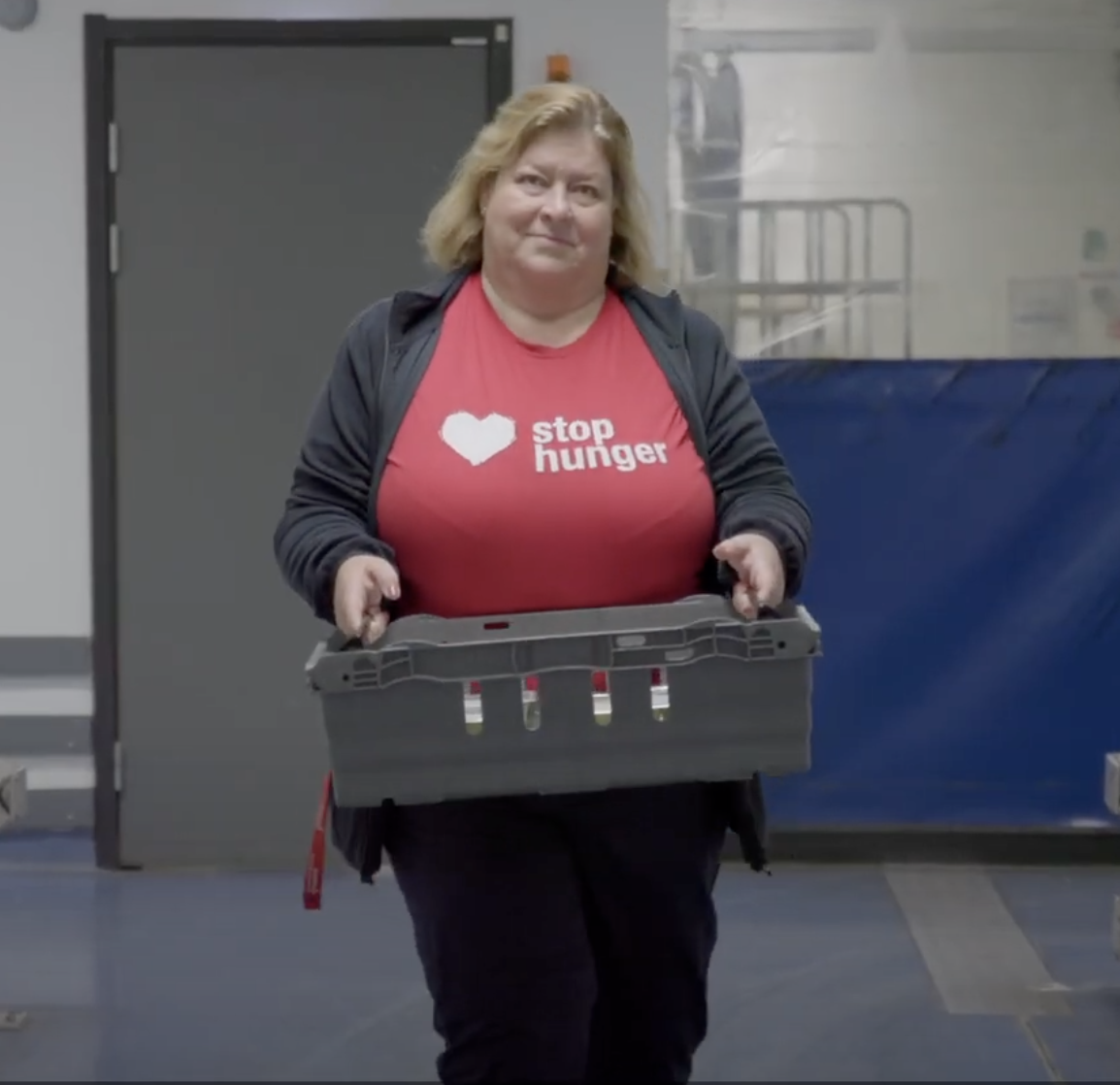
Surplus Giving
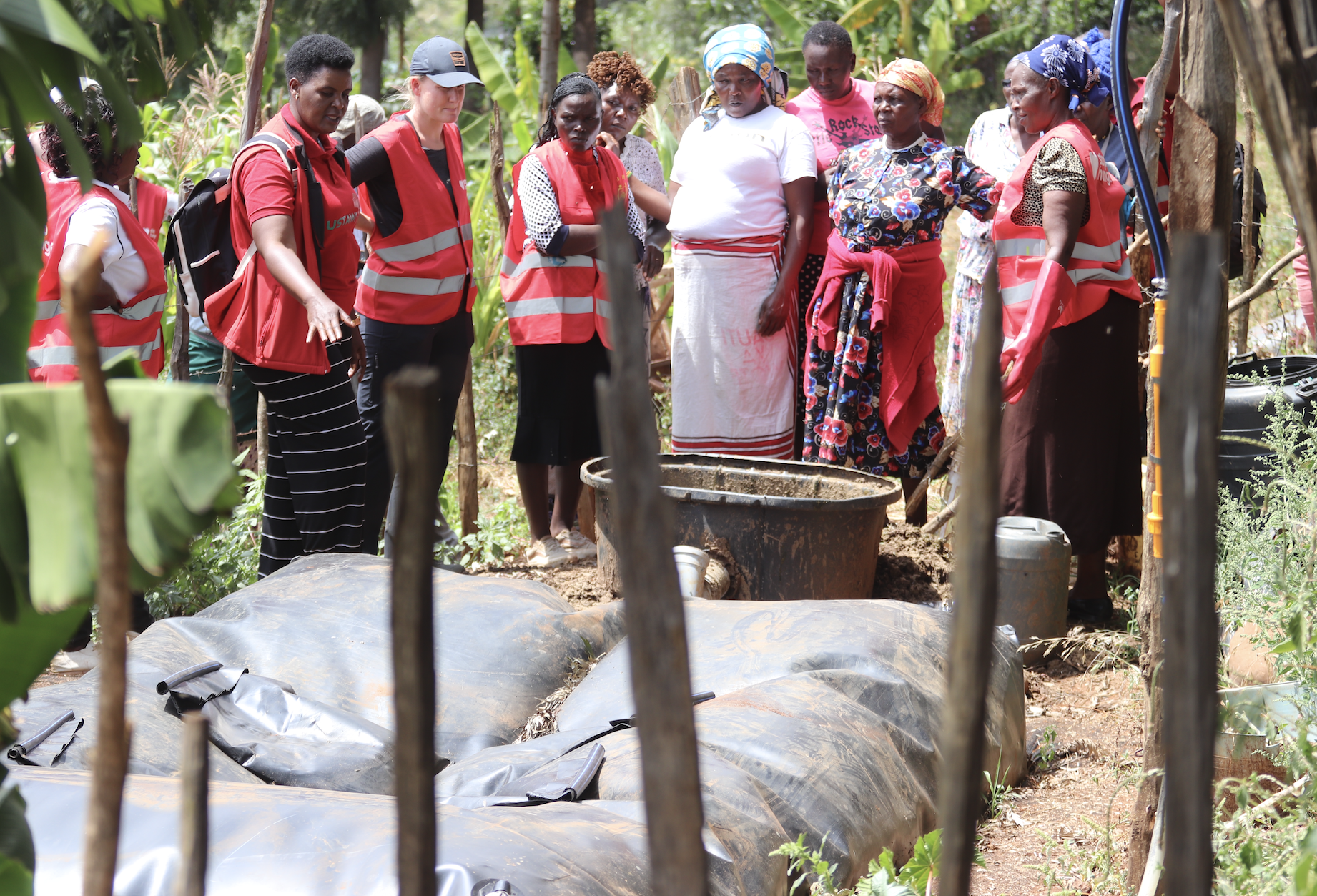
Ustawi Water Project
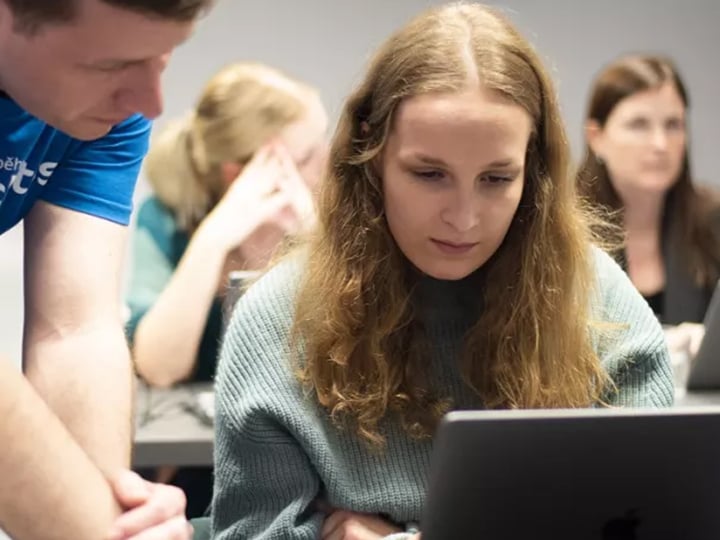
Czechitas Foundation
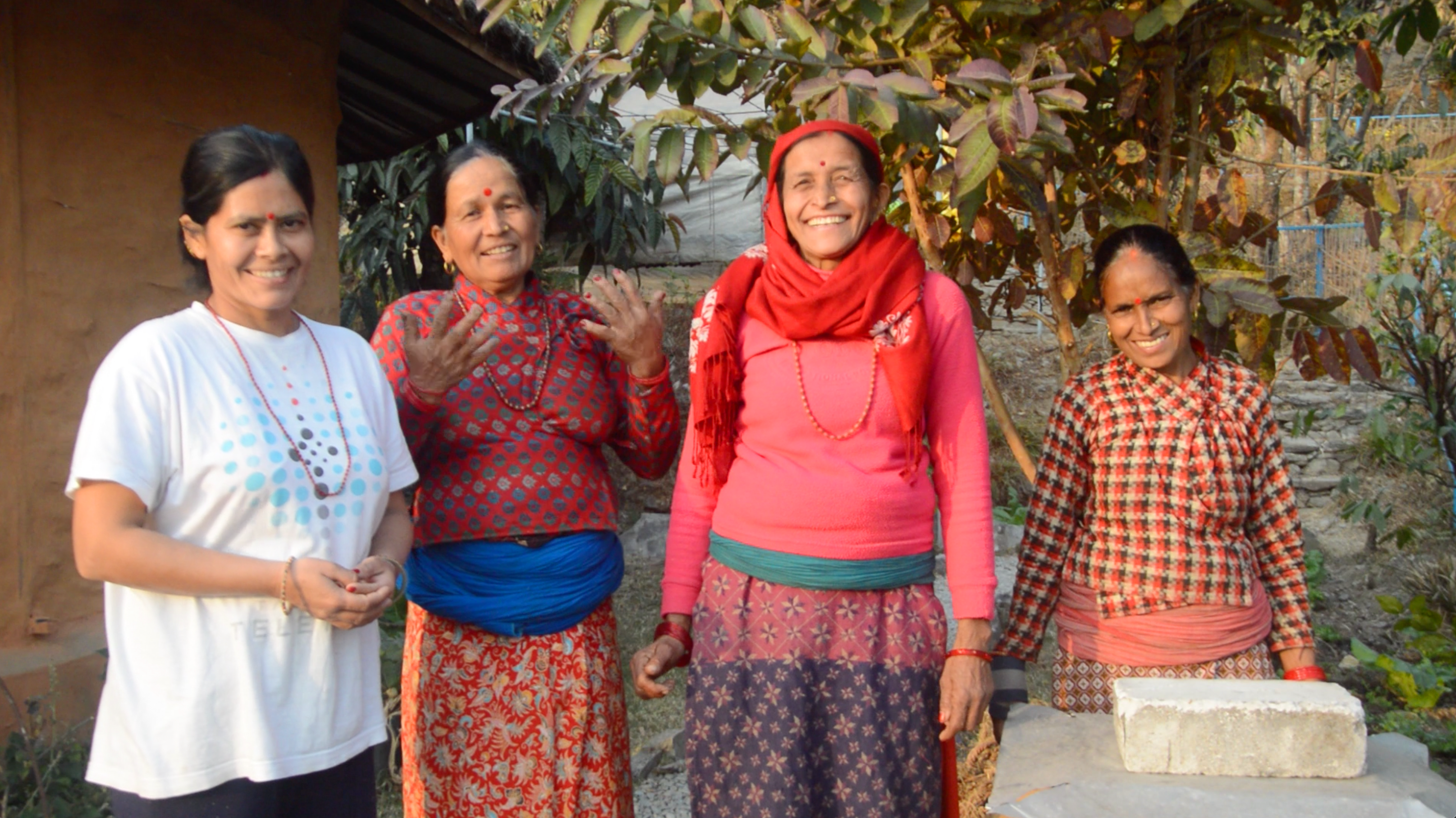
Les Enfants de Kavresthali - Nepal
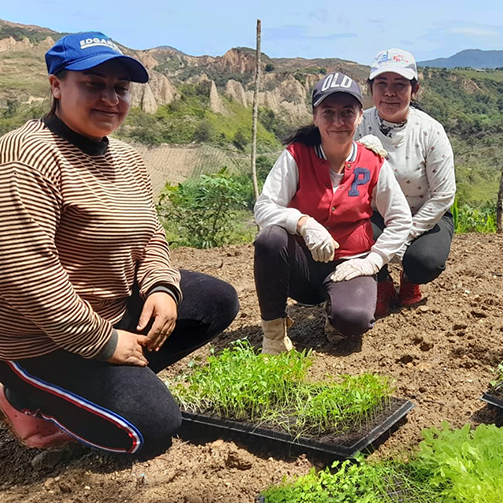
CARE: Overcoming violence and poverty in Colombia
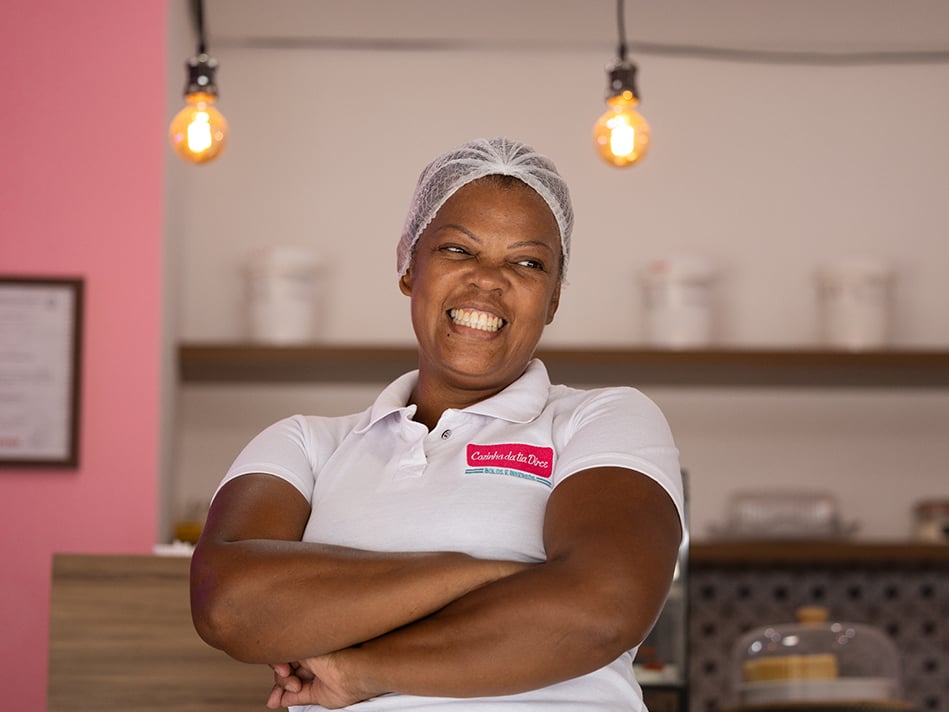
Solidarity Kitchen in Brazil
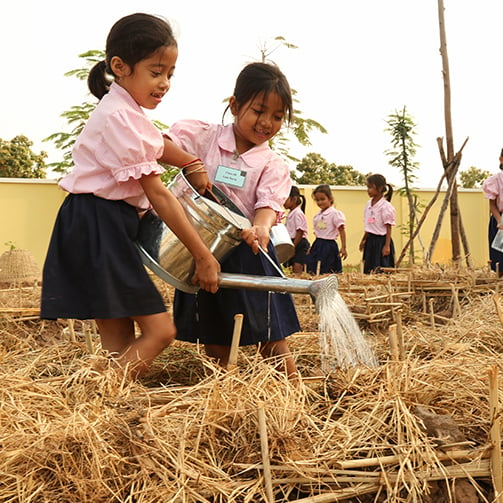
Toutes à l'école
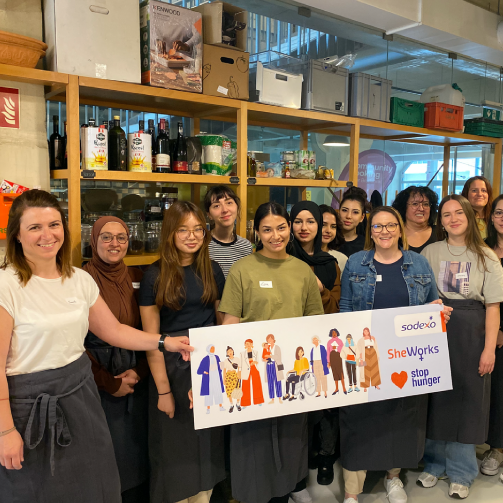
SheWorks
